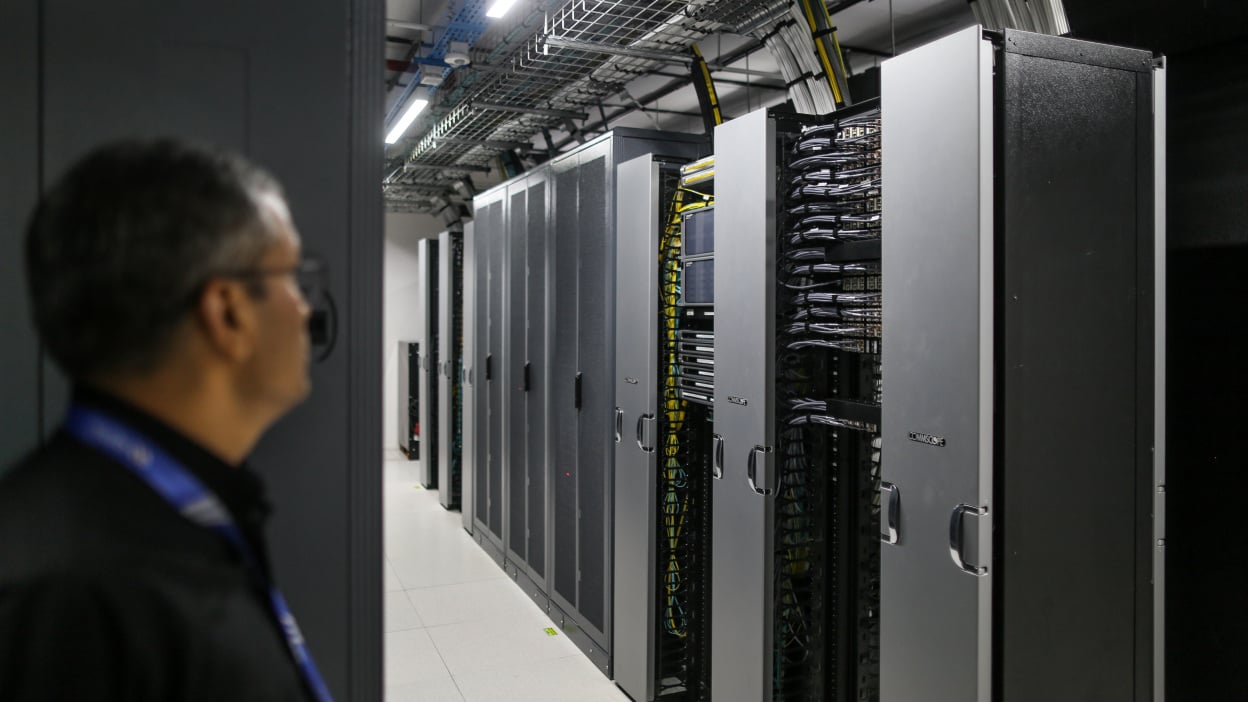The Unstudied Consequences of Generative AI
A recent report by the Government Accountability Office (GAO) has revealed that the environmental impact of generative AI remains profoundly understudied, while its effects on human society are equally unclear. The GAO, a nonpartisan agency providing audits and evaluations to Congress and the public, conducted one of several assessments on AI technology, highlighting multiple human and environmental risks associated with its unbridled development and widespread adoption.

“Generative AI may displace workers, help spread false information, and create or elevate risks to national security,” the report states. The GAO also warns that threats to data privacy and cybersecurity, the use of biased systems, and a lack of accountability could have far-reaching unintended effects on society, culture, and individuals. Moreover, determining the energy consumption associated with AI training and usage, as well as mitigating its environmental footprint, is becoming increasingly pressing.
The report asserts that “training and using generative AI can result in substantial energy consumption, carbon emissions, and water usage.” Notably, the environmental effects of using generative AI have received less attention than those associated with its training. The GAO emphasizes that making definitive statements about these risks is challenging due to the rapidly evolving nature of generative AI and the lack of disclosure of key technical information by private developers.
The absence of data from AI developers is increasingly hindering environmental research, thereby limiting the evaluation of generative AI and its applications, including those designed for beneficial purposes. The GAO found that existing policy measures may not effectively address the long-term human impact of generative AI. Recent executive actions and political stances on AI regulation have further complicated the landscape, with varying degrees of emphasis on innovation versus oversight.
As AI continues to advance and permeate various sectors, understanding and mitigating its broader impacts remains a critical challenge for policymakers, developers, and society at large.


